Neutrons
Neutrons are subatomic particles that are found in the nucleus of an atom, along with protons. They were first discovered in 1932 by James Chadwick. Neutrons have a mass similar to that of protons, but they do not have an electric charge. This means that neutrons do not have any effect on the electrical charge of the atom.
Key Facts about Neutrons:
- Neutrons are electrically neutral, meaning they do not have a positive or negative charge.
- Neutrons are slightly heavier than protons.
- Neutrons play a crucial role in the stability of atomic nuclei.
- Neutrons can be found in all known atoms except for the lightest isotope of hydrogen, called protium.
Study Guide:
Here are some key points to remember when studying neutrons:
- Neutrons are located in the nucleus of an atom.
- Neutrons are crucial for the stability of atomic nuclei.
- Neutrons do not have an electric charge.
- The number of neutrons in an atom can vary, resulting in different isotopes of an element.
Understanding neutrons is an important part of learning about atomic structure and the nature of matter. It's also important for understanding nuclear reactions and processes.
[Neutrons] Related Worksheets and Study Guides:
.◂Science Worksheets and Study Guides Kindergarten. Pushing, Moving, Pulling
Coloring Worksheet How heavy
How heavy  Coloring Worksheet
Coloring Worksheet How heavy
How heavy  Coloring Worksheet
Coloring Worksheet How Things Move
How Things Move  Coloring Worksheet
Coloring Worksheet How Things Move
How Things Move  Coloring Worksheet
Coloring Worksheet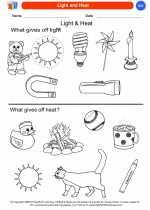 Light and Heat
Light and Heat  Coloring Worksheet
Coloring Worksheet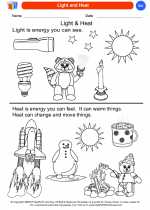 Light and Heat
Light and Heat  Coloring Worksheet
Coloring Worksheet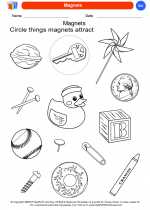 Magnets
Magnets  Coloring Worksheet
Coloring Worksheet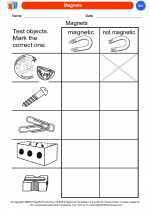 Magnets
Magnets  Coloring Worksheet
Coloring Worksheet Pushing and Pulling
Pushing and Pulling  Coloring Worksheet
Coloring Worksheet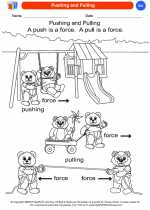 Pushing and Pulling
Pushing and Pulling  Coloring Worksheet
Coloring Worksheet Simple Machines
Simple Machines  Coloring Worksheet
Coloring Worksheet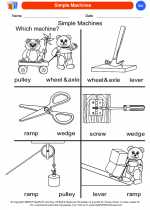 Simple Machines
Simple Machines  Coloring Worksheet
Coloring Worksheet Sink and Float
Sink and Float  Coloring Worksheet
Coloring Worksheet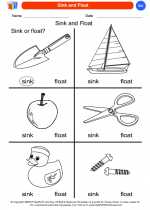 Sink and Float
Sink and Float  Coloring Worksheet
Coloring Worksheet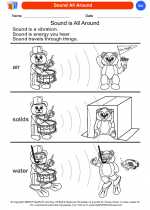 Sound All Around
Sound All Around  Coloring Worksheet
Coloring Worksheet Sound All Around
Sound All Around  Coloring Worksheet
Coloring Worksheet Up and Down
Up and Down  Coloring Worksheet
Coloring Worksheet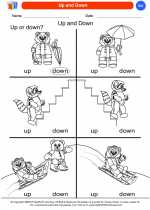 Up and Down
Up and Down  Coloring Worksheet
Coloring Worksheet Wheels
Wheels  Coloring Worksheet
Coloring Worksheet Wheels
Wheels 

 Coloring Worksheet
Coloring Worksheet
 Coloring Worksheet
Coloring Worksheet
 Coloring Worksheet
Coloring Worksheet
 Coloring Worksheet
Coloring Worksheet
 Coloring Worksheet
Coloring Worksheet
 Coloring Worksheet
Coloring Worksheet
 Coloring Worksheet
Coloring Worksheet
 Coloring Worksheet
Coloring Worksheet
 Coloring Worksheet
Coloring Worksheet
 Coloring Worksheet
Coloring Worksheet
 Coloring Worksheet
Coloring Worksheet
 Coloring Worksheet
Coloring Worksheet
 Coloring Worksheet
Coloring Worksheet
 Coloring Worksheet
Coloring Worksheet
 Coloring Worksheet
Coloring Worksheet
 Coloring Worksheet
Coloring Worksheet
 Coloring Worksheet
Coloring Worksheet
 Coloring Worksheet
Coloring Worksheet
 Coloring Worksheet
Coloring Worksheet
